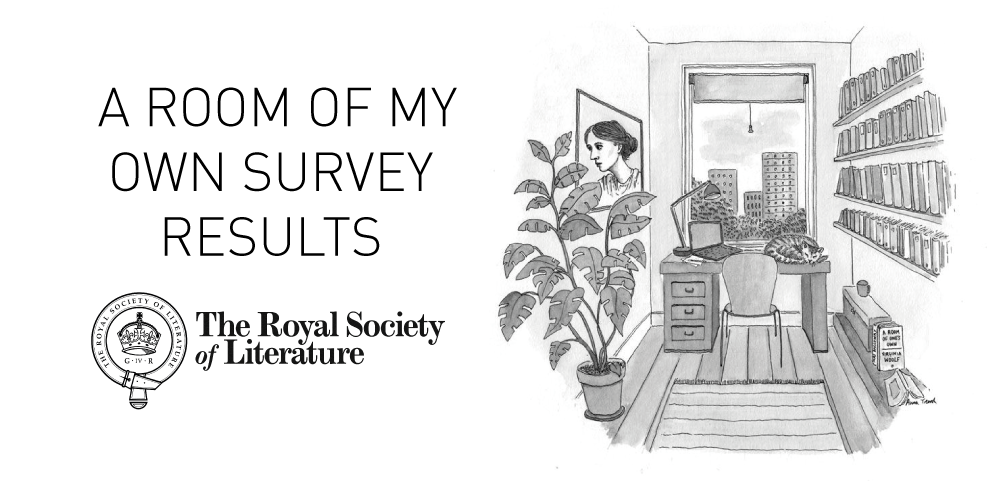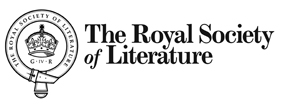
Money, Time, Confidence: What Writers Need to Thrive
On 15 June, Dalloway Day 2019, the Royal Society of Literature (RSL) released the findings of its recent ALCS-funded writers’ survey, A Room of My Own. Lisa Appignanesi, Chair of the RSL, summarises the results, including how they reinforce the findings from the ALCS-commissioned Authors’ Earnings 2018: A survey of UK writers.
In 1928, Virginia Woolf famously stated that a writer’s basic need was for “a room of one’s own” and “£500 a year” (equivalent to just over £30,000 at today’s rates). Nine decades have passed and yet we are still a very long way from meeting Woolf’s call.
The recent survey, A Room of My Own, carried out by the RSL with the support of ALCS – and published on Dalloway Day, that Wednesday sometime in June we now celebrate annually – reconfirmed the findings of the ALCS-commissioned survey published a year ago: author earnings have fallen by 42% in real terms since 2005. In fact, for many writers things have grown even worse since the ALCS research was published. For 67% of the writers nationwide whom the RSL questioned a year later, the 2018 average annual earnings figure of under £10,500 had fallen to below £10,000; this is well below the minimum wage.
In the RSL survey results, ethnicity and gender had a significant impact on earnings: white men, though they made up only 25% of the total respondents, made up 41% of those with the highest incomes from writing. The report also showed that pay gaps in relation to social class, region of origin, gender and ethnicity were greater for those in a writing career than those in other professions. Few writers today can survive from writing alone: only 5% of respondents had reached Woolf’s earnings target at current values or exceeded it.
Finances apart, the RSL focussed on what authors need to thrive. While 67% identified finding the time to write as a distinct challenge, 54% named a lack of confidence. Many individual comments also pinpointed the desire for writerly support, for feedback, and connection. This is particularly essential for authors at the start of their trajectory, or for those from ethnic backgrounds or geographically far from the main publishing hub of London. But all authors, as part of a lonely profession, value assurance. Perhaps it’s time for publishers to find new ways, outside the standard royalty and advance structure, to pay authors for their work. Meanwhile, organisations like ALCS and the RSL, can develop programmes to meet authors’ wider needs.
Literature is central to the life of our culture and economy. The publishing industry employs some 192,000 people. Book sales last year totalled over £6 billion. Authors make all this possible and encourage various facets of national activity – from the possibility of reading itself, to education, film, television, and works in translation. So the diversity and the well-being of authors is a matter of concern to us all.
Lisa Appignanesi
Chair, Royal Society of Literature
Read the full RSL survey report here.
 About the Royal Society of Literature
About the Royal Society of Literature
Founded in 1820, the Royal Society of Literature (RSL) is Britain’s national charity for the advancement of literature. It acts as a national voice for the value of literature, engaging people in appreciating literature, and encouraging and honouring writers. In addition to the V.S. Pritchett Short Story Prize, the RSL awards annually the new RSL Christopher Bland Prize for debut writers over 50, the RSL Ondaatje Prize for books best evoking the spirit of a place, the Encore Award for best second novel of the year, the RSL Giles St Aubyn Awards for Non-Fiction (first major commissioned works) and the RSL Literature Matters Awards to reward and enable literary excellence and innovation.
